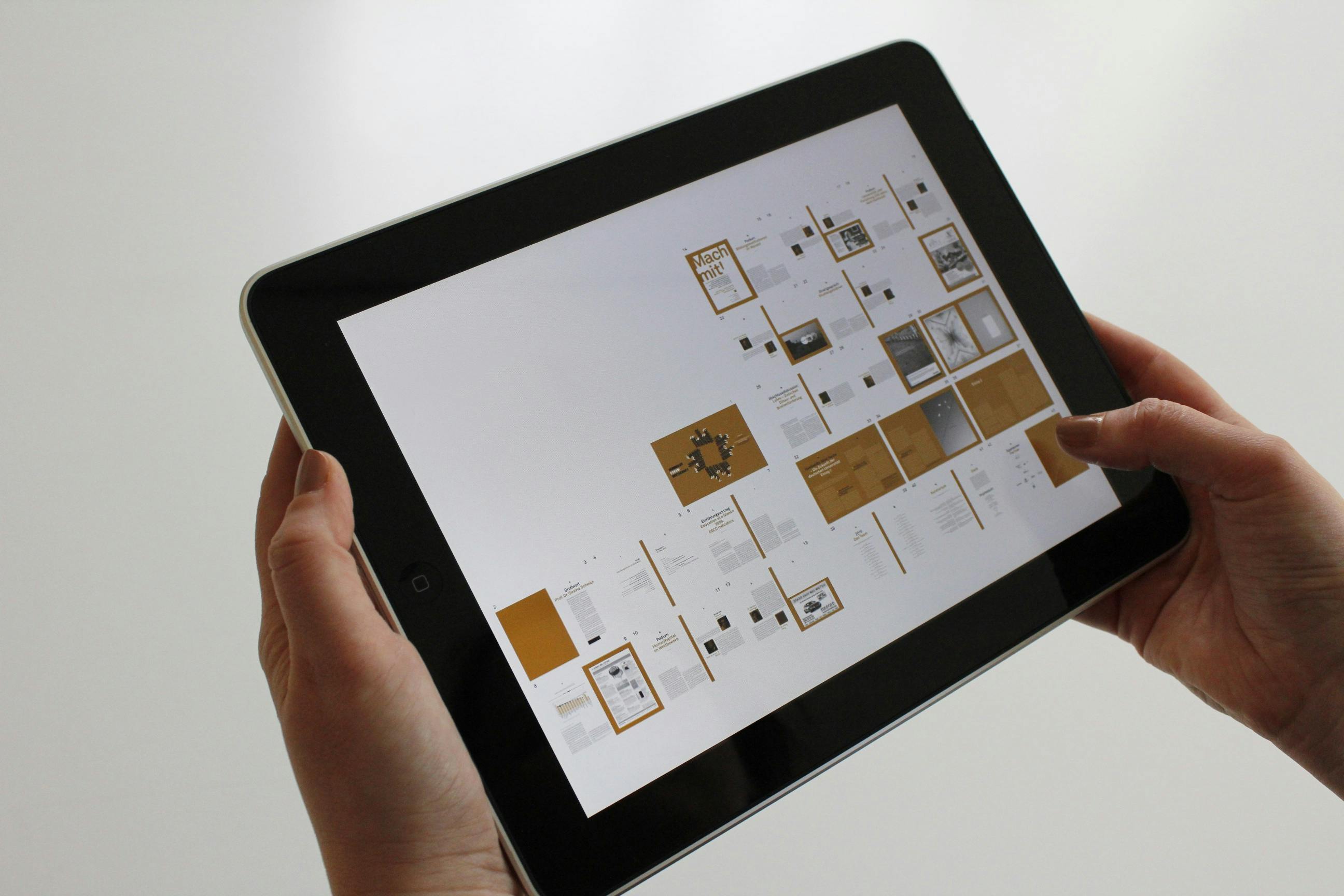
Learning requires adaptability and change. Are your students prepared?
admin
- 0
When students start your class, do you inherently expect them to read the course syllabus and related materials, and then follow through, without hesitation? Or could it be possible that students come to your class on the first day and find that you have created a learning environment that is slightly different in some way? Perhaps you have different expectations to some degree, have written the syllabus in some way differently, or your approach to teaching is more direct (or hands-on) than past instructors. In other words, rarely do students transition from one class to the next without adjusting in some way, even when school policies and processes remain the same. No two instructors are the same or teach the same way, even when the curriculum has already been developed for them. There is always an initial adjustment period for students.
If students have taken multiple classes, they may be quite used to the process of having to adjust from one class to the next. However, a common complaint among students is a lack of consistency with grades. This can occur with courses that have a standardized rubric and instruction set, simply because there will always be a subjective element to written assignments where the instructor must interpret the results. What is frustrating for students is knowing that they may have to adjust, but not be prepared for the changes in a new class. You will find that your students have developed work patterns that help them manage their time, especially if they are non-traditional working adult learners trying to balance multiple priorities at the same time. The less prepared your students are to adapt to your expectations and teaching method, the less productive they will be in your class.
Adaptability and Learning
Another aspect of adaptability for students involves the learning process. Most adult learners have established ideas, a knowledge base, and beliefs about the subjects they are studying. If you are going to learn new ideas, ways of thinking, change beliefs, or accept new knowledge, you will need to adapt your way of thinking in some way. This is the developmental process of participating in learning, which an instructor can help facilitate. It’s also a process that students may struggle with, especially if they don’t see a reason to change how they think or what they believe. This is especially true with academic writing and critical thinking. Often it is the instructor who challenges students to change in some way, either in thoughts or behaviors, and this can be difficult if students are not prepared.
Now consider how much more challenging this whole process can be for online instructors. With a traditional classroom, students and the instructor meet at a specific date and time, which means the instructor is available to help resolve questions and concerns. However, with an online class, the instructor is not always present every time students are online and in the classroom. This distance between instructors and students automatically creates a sense of separation, and students are less likely to communicate directly with their instructor. I have found that with the younger generation, those who are used to communicating via text messages and social media, rarely call me during office hours, no matter how many days a week I offer those hours. This immediate loss of interaction can have a negative impact on a student who experiences frustration trying to adapt their thinking during the learning process, which means that an online instructor must find new methods to prepare their students.
Other important considerations
There is a principle of adult learning to consider and it is called andragogy. What this means is that adult learners are self-directed, they don’t need to be told to learn, and they need to know why they are learning what they are learning. That is, it is not a compulsory education, like primary education, so they want to be present in the classroom. While they may not always be able to identify their own needs from a personal development perspective, at least you understand why they are present in your classroom. It is a matter of choice and is linked to a specific need. This makes it even more important for you, as the instructor, to help them understand why they need to learn what they are studying, why they should consider adapting their point of view, and why they need to change certain developmental thoughts or behaviors. .
Another consideration is the reaction you can expect when students begin to adapt their beliefs or ways of thinking, or begin to change certain behaviors, such as their academic writing skills. You should consider your work history and how long these thoughts and behaviors have become a habit, as it may not be possible to expect change overnight. It requires fostering change over time and with a supportive attitude. If you approach it from a demanding, compliant and immediate attitude, it is likely that you will find yourself facing a very emotional reaction from your student. A supportive approach will result in a less defensive reaction from your student and the result will likely be a student who will try and then try again. Your continued support is needed, from one successful attempt to the next.
4 Methods to Prepare Students for Adaptability and Change
#1. Be supportive and encourage development
Your disposition, as an instructor, is the most important aspect for any student to adapt to the learning process and make any kind of change, be it in their ways of thinking or behaviors. In your supportive attitude, you can help prepare your students by explaining why they need to adapt or change. This sounds like a very basic and simplistic step, however it is one that is often overlooked. For example, if you note in your comments that an introductory paragraph was too basic and should be written at the graduate level, but you offer nothing else, what have you actually done to help this student change? You can go a step further by explaining what you mean, offering resources, offering to talk with your student, and sharing strategies. Always set your student up for success. Your role is not just to grade, but to help develop your students.
#2. Prepare your students and build momentum
Remember that the first attempt a student makes may be the most important. If students are expressing a new belief in the online discussion forum, allow it to be a safe space for them to do so, as long as it is done in a respectful manner. It encourages divergent thinking and encourages them to consider multiple perspectives by using prompts that engage their critical thinking skills. Or when they’re trying to improve their academic writing skills and you see an improvement, be sure to let them know you’ve noticed it when you provide feedback. While it may not be perfect the first time around, the initial feedback after the first time around is crucial to building momentum. If students know that you have their back, they will go ahead with their attempts. You can even suggest waypoints to check in with them to see how they’re progressing, just to let them know you’re there and available to help. This will help them avoid the mental setbacks that are possible when working on development issues and will help build their self-esteem.
#3. Development of appreciative feedback
Regardless of where each student is in the development process, always show appreciation for what they have accomplished. The use of appreciation, especially in online education, is one of the most effective tools I have come across in the last decade. This simple strategy of showing how much you value the work done by your students does more to boost student morale than any grades or results they may experience. While you may always have shortcomings and areas of development to address, you can always find something to appreciate. The fact that a student turned in work and made an attempt is reason enough to show appreciation. For online instructors, appreciation goes a long way in bridging the distance gap and helping students feel like their instructor is a real person. While this disposition toward students does not directly prepare them for adaptability, it creates a mindset that is less defensive and open to change.
#4. Whatever happens, explain and explain again
As an instructor, never assume that your students are aware of all school policies and processes, no matter how long they have been in school. Also, never assume that they have studied the curriculum in depth and memorized its expectations. If something is important to you, explain it to your students, and then explain it again through other forms of reinforcement. This will prevent your students from being caught off guard and then surprised when they are graded, tested, or measured in any way against these standards or expectations, and believe that they were never sufficiently prepared for them. This will only create feelings of resistance and ultimately derail your development efforts.
You are the key to your success
As an online educator for over a decade, I can tell you that I am still learning about the best ways to help prepare my students for the learning process. I read the end-of-course assessments to see if I can learn about the sticking points and how I can adapt and change myself or my teaching strategies. What I never want to do is expect something from students that I haven’t adequately prepared them for, especially when it comes to developmental issues. Students come to the classroom and want to learn. They often don’t understand what that entails, other than reading a book, maybe writing an essay and taking a test. We as educators know that there is much more to the process, and helping students understand this takes time, patience, and a lot of effort on our part. For those of us who teach online, our time frame is usually very short compared to traditional classes. What I try to do is focus on helping students excel from where they are now and preparing them to continue to grow. Often the desire to grow and adapt is a major achievement.
What will also be of benefit is trying to help inspire them as instructors. Showing appreciation is a step in this direction. If you can have a balanced disposition with them, even as they express their frustrating emotions, you can be the constant constant they need in this development process. Often students inspired by their instructors not only adapt as they learn, but also develop goals for their lives. They see a future application of what they have learned and want to do something with the knowledge they have gained. The adaptability then spills over from the classroom into their lives, which is transformative for them. This is the type of educator that we can all aspire to and it begins with our willingness towards the learning process and towards our students. If we can see people rather than processes, and appreciate each student regardless of their strengths or difficulties, then we can become someone who inspires students and prepares them to be ready to learn.

